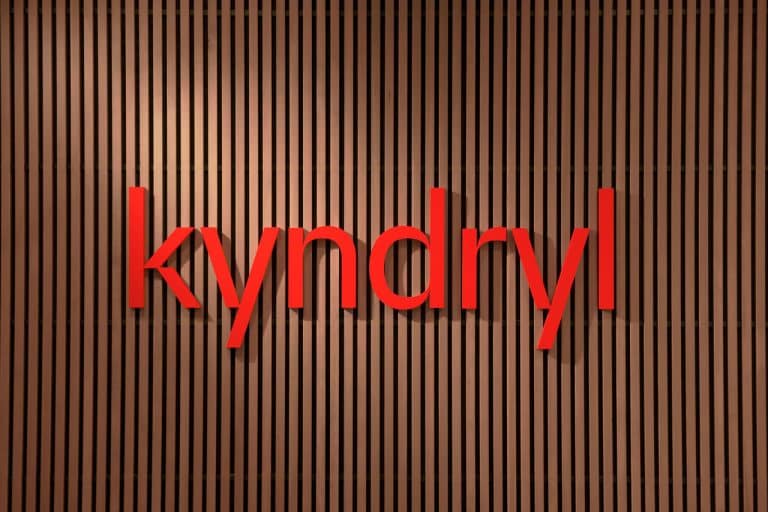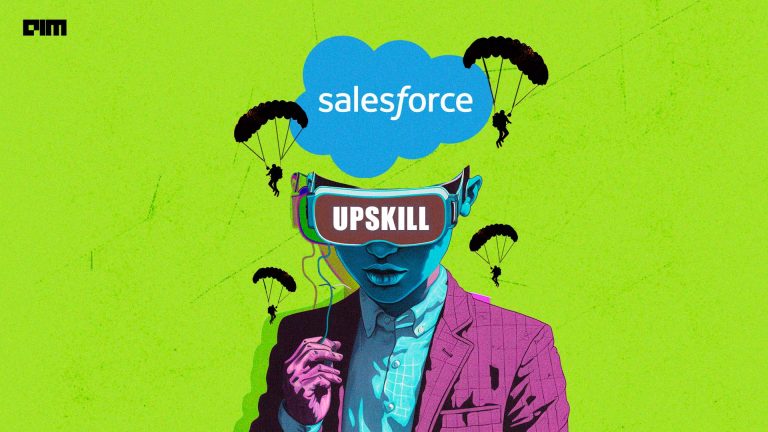|
Listen to this story
|
According to Statista, the revenue in the enterprise software segment is projected to grow from USD 243.30 billion in 2022 to USD 344.40 billion by 2027 at a CAGR of 7.2% for the forecast period. The enterprise software market got a major fillip after remote working became the norm in the wake of the pandemic. As a result, most companies have started relying increasingly on software solutions to manage their internal and external processes.
We have compiled a list of top 10 enterprise software applications–ranging from HR management platforms to screen collaboration tools– companies can use in 2022.
Zoho CRM
Zoho CRM is a popular sales management software for contact and deals management, email marketing, call logging, meeting management, and task reminder. The premium plans offer pipeline recommendations and predictions. In addition, Zoho CRM provides customisation tools to design analytics dashboards and create automation rules such as sending follow up emails after customer calls.
Zoho CRM is feature-rich and less expensive than Insightly and Freshworks CRM, and the performance is at par with advanced sales and marketing suites such as HubSpot CRM and Salesforce.
monday.com
monday.com is a project management software to plan, organise, and track all the company’s activities from one place. The organisations can choose from over 200 ready-made templates or create own dashboard to visually track the team’s workflows. monday.com also provides boards, tables, Gantt charts, calendars, timelines, and maps to display projects, tasks, and related data. Further, the platform offers automation and integration, advanced analytics, and professional-grade security.
Squarespace
Squarespace is a website builder, blogging platform, and hosting service rolled into one. The content management system was founded around the same time as WordPress. Squarespace makes it simple to build a website from scratch and offers a lot of templates to choose from.
The platform provides solutions to build online stores from scratch. Squarespace also offers a plug and play package, with a free domain name, unlimited bandwidth and storage, SSL security, Zapier – an automation tool – and Google AdWords credit.
Magnolia
Magnolia CMS helps businesses to build websites. The Java-based platform offers e-commerce, analytics, marketing automation, social media, CRM, and ERP functions. The system employs an architecture that separates a website’s public and private elements to reduce cyberattack risks. Magnolia’s CMS offers in-context editing, full preview, and personalisation. Developers can work with front-end frameworks like React, Angular and Vue and integrate easily with other technologies through Magnolia’s REST APIs.
The Visual SPA Editor allows marketers to edit Single Page Applications in context. The content and data from external systems – such as site analytics – can be accessed natively to eliminate back-and-forth between systems. It also has pre-built connectors for marketing automation, DAM, analytics, commerce, etc.
Qandle
Qandle is an all-in-one HR platform focused on re-engineering HR technology from employees’ perspectives and covers the entire gamut of HR activities – from hire to retire. In addition, it offers a modular and extremely flexible solution for organisations looking to deliver the next-generation experience to their teams. To date, Qandle has served over 550 clients.
GoCo
GoCo is a cloud-based human resource, benefits and payroll solution designed for small businesses. The platform automates the process of collecting required documents for new hires, enrolling them in benefits plans and adding employees to the company payroll. GoCo payroll’s features include auto-sync, new hire set up, employee change, benefit deduction and final paycheck calculation. Its compliance includes employment eligibility, federal and state tax, benefits compliance, ACA compliance and PTO compliance.
The subscription-based platform integrates with existing payroll providers and syncs information changed within its dashboard across all linked platforms.
Microsoft D365
Microsoft D365 comes with two distinct solutions out of the box. Business Central is designed for small and mid-sized businesses, while Finance and Operations are designed for larger, complex organisations. The ERP leverages Microsoft’s flexibility and user interface to offer great value.
Oracle Netsuite
Oracle NetSuite has a cloud-based architecture. The ERP system manages core functions, including finance and accounting, inventory, orders and procurement. The add on options include CRM for sales, service and marketing automation, human resources for personnel records, performance management and payroll, professional services automation to plan and track projects and omnichannel commerce for online and in-store sales. The information from across the system updates in real-time and is accessible to authorised users across business functions.
Hive
Hive, an all-in-one project management software, is the world’s first democratic productivity platform– built by users for users. Hive offers local chatting and emailing features, agile project views like Gantt and Kanban, and many applications. In addition, Hive comprises action cards that form the basic unit of every project. Teams work with these action cards to collaborate, discuss, comment, upload, download, and tag, making project management simple, engaging, and swift.
Asana
Asana is a customisable workplace content management system designed to help companies streamline projects. The platform can help analyse the company’s progress and address issues all in one place, obviating the need for constant meetings, email updates, and memos. Asana offers a rich feature set, customisations and general usability.
































